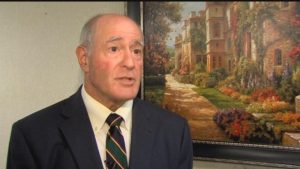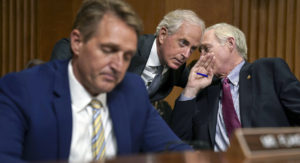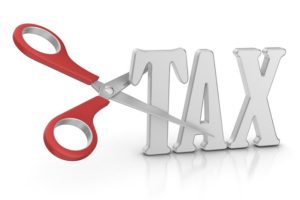I am putting my ear to the ground but I don’t hear much of anything coming from down yonder in Austin.
The Texas Legislature is about to call it a session. It will end fairly quietly compared to recent previous legislative sessions.
I do hope Gov. Greg Abbott refrains from calling a special session to meet later this summer.
What did this group accomplish? A few things.
- They approved a form of public school finance reform that doesn’t respond to a court order. That’s a pretty good thing.
- Lawmakers managed to give public school teachers a raise in pay, which the good teachers surely deserve. Was it enough? Probably not. Then again, it’s never enough.
- Legislators — and this is a big deal for Amarillo, where I used to live — approved money for Texas Tech University to build a new school of veterinary medicine in Amarillo. That’s huge, man!
- The Legislature approved a reduction in property taxes, which no doubt is music to those who shell out growing amounts of tax money every year. I don’t have a particular issue here, given that I’m old enough to qualify for a homestead exemption that freezes my property taxes.
All told, it was a fairly productive session. It also was fairly quiet.
A special session might still occur if Gov. Abbott can find a reason to call one. Whatever. I hope it doesn’t happen.
Legislators don’t make enough money –$600 a month plus per diem expenses — to stay on the job for longer than the 140 days mandated every other year.
Go home, legislators. We’ll see you in 2021.








